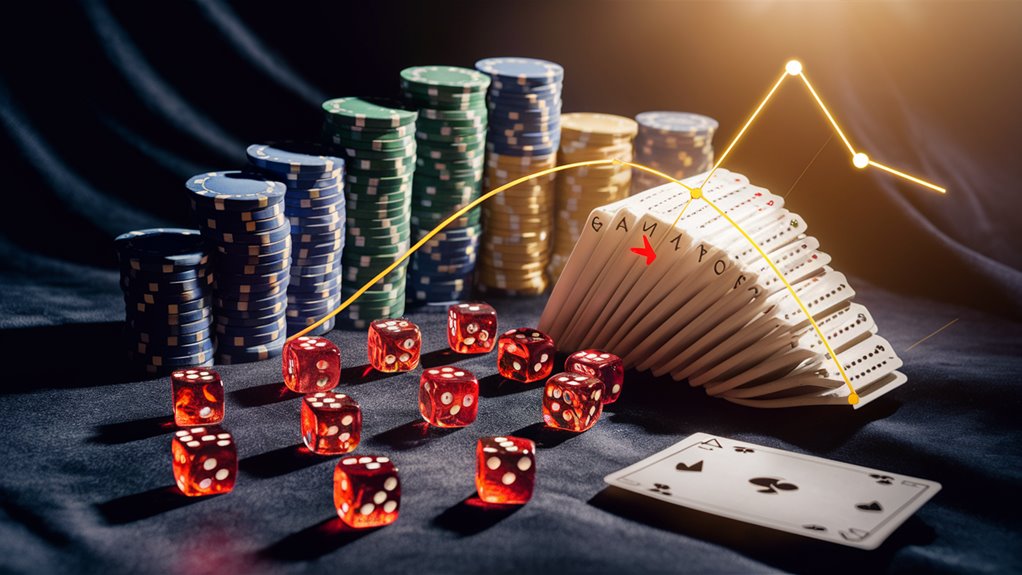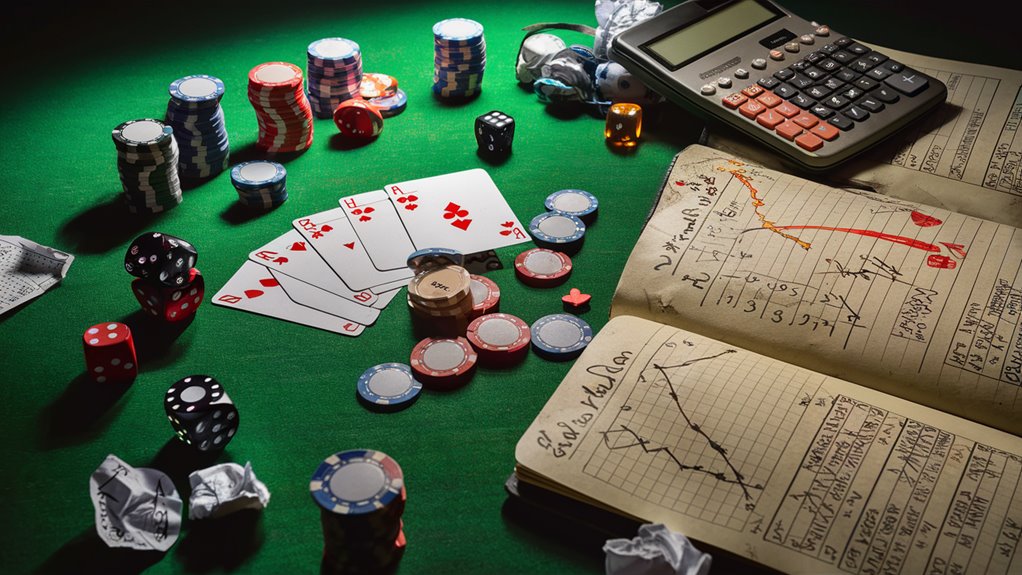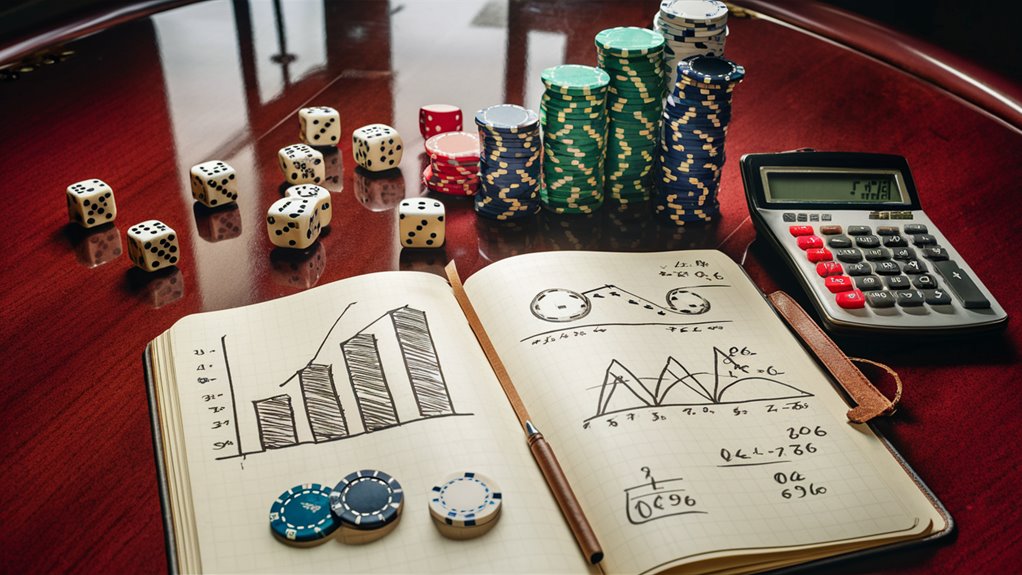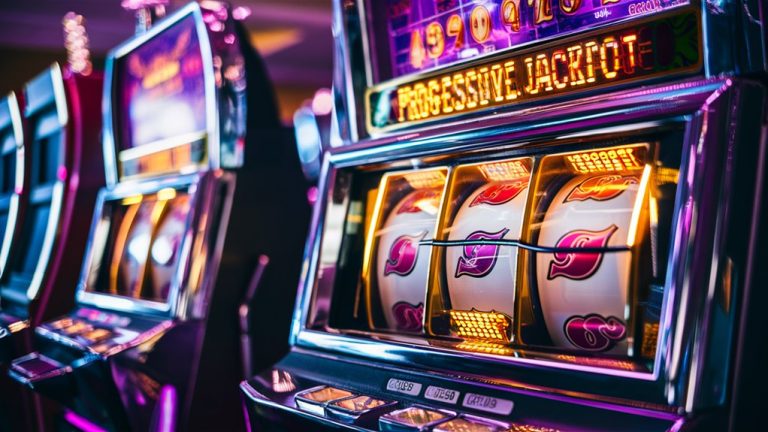
Stats and Odds in Betting: A Simple Math Plan

Key Odds Ideas
Stats give us ways to build good gambling plans. The main point is basic odds – counting how often good results happen out of all results. This is true for different events like roulette and slots, and linked events such as blackjack and poker.
Game Choice and House Edge
Different house edges help pick games and make strategies: Elder Surge Bets
- American Roulette: 5.26% house edge
- Blackjack: 0.5% if you use simple plans
- Slots: House edge from 2% to 15%
Smart Ways to Manage Money
Using smart money plans needs the Kelly Criterion for how much to bet. This math rule finds the best part of money to use and aims to keep losses under 20%.
Using Math to Make More Money
A strong betting plan uses three things:
- Odds review
- House edge checks
- Good money rules
These math ideas turn random betting into smart choices, making plans that use stats, not just luck.
Choices Based on Data
With stats and odds, gamblers can make full plans that grow expected gains over time. This way of looking at things means choices are based on math, not just gut feelings.
Basic Odds in Betting
Common Betting Odds Ideas
Odds Basics
Good gambling plans start with knowing how to bad luck:
The simple rule – good results over all results – is key to betting math.
When you roll a six-sided die, the chance for each number is 1/6, showing this main idea.
Odds in Casino Games
Separate Events
Separate event odds use the same rule in many games.
Games like roulette and slots have outcomes that do not change based on past games.
Each game or move starts fresh, keeping the odds the same no matter what happened before.
Linked Events
Linked event odds happen in games like blackjack and poker, where past moves change future chances.
The way these games work means always recalculating odds as the game goes on.
Math Edge and Likely Gains
What’s House Edge?
The house edge shows the advantage casinos have in games.
For American roulette, a 5.26% edge means a loss of $5.26 for every $100 bet over many games.
Working Out Likely Gains

Expected value sets how much you might win or lose per bet through exact odds counts. This math mixes odds and pay amounts to guess average results.
For blackjack with simple plans, you see about a 0.5% house edge, which means losing around $0.50 for every $100 bet.
Comparing House Edges in Games
Games have different house edges:
- Baccarat: 1.06% edge
- Craps Pass Line: 1.36% edge
- Blackjack: 0.5% with the best play
- Slots: Edge from 2% to 15%
Picking Games Wisely
Choosing games with low house edges helps your money last and cuts likely losses. Table games often have better odds than digital games. Flicker-Swarm Slots
Money plans and good game picks make the best setup for long game times.
Choices Based on Odds
Know the house edge and expected gains for smart, data-based betting choices. These math rules are key for making good bets and handling risks in casinos.
How to Handle Risks
Big Plans for Handling Money Safely
Key Money Rules
Good risk handling means strict money rules to keep major loss away.
The main way is having bets no bigger than 1-2% of all your money, giving you many chances before you might run out. This math way helps you handle ups and downs well.
Smart Limits for Losses
Smart stop limits are key in risk plans.
Having daily loss maxes at 20% stops quick, bad choices and keeps you from trying to win back losses. Stats show this cuts the chance of going broke by about 60%.
Smart Bet Sizes
The Kelly rule is a top math way to choose bet sizes.
This number way works out the best bet size using stats and odds. For a 54% chance of winning even bets, it suggests using 8%, but using a smaller Kelly amount (25-50%) cuts ups and downs while still aiming for good growth.
Main Safety Ideas
- Max bet sizes: 1-2% per bet 온카스터디
- Stop loss rules: 20% max per day
- Using Kelly: Smaller bets
- Counting stats edge: Bet sizes based on odds
- Handling ups and downs: Smaller bets
This full plan for handling risks makes a strong setup for keeping money safe while still having a chance to win more through well-thought-out limits and math.



